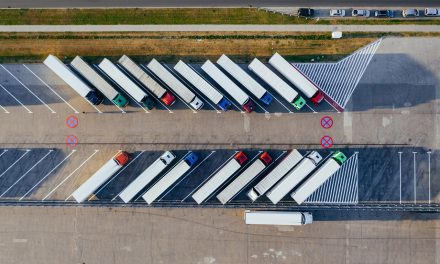SAN FRANCISCO – Today, in response to the White House Office of Science and Technology Policy’s (OSTP) Request for Information on the Energy and Climate Implications of Digital Assets, the Blockchain Infrastructure Carbon Offset Working Group along with over 30 projects leveraging blockchain technology for climate impact have independently and jointly submitted public comments for consideration by the OSTP. The submissions signal the entrance of the rapidly scaling ReFi industry into federal policy discussions around future regulatory frameworks for digital assets and blockchain technology.
Led by the Blockchain Infrastructure Carbon Offset Working Group (BICOWG), whose membership includes cutting-edge ReFi projects like KlimaDAO, Offsetra, and Regen Network, as well as representatives from the largest blockchain infrastructure service providers like F2Pool for Bitcoin mining pools and stakefish of proof-of-stake validators, the industry today presented its formal response to the OSTP’s request for information along with President Biden’s Executive Order on Ensuring Responsible Development of Digital Assets. Key recommendations made by the industry include:
BICOWG’s 5 Recommendations
Recommendation 1: Accept expert advisory and due diligence blockchain solutions being adopted for carbon markets to ensure appropriate verification, governance, and transparency.
Recommendation 2. Regulate in favor of mechanistically resilient methodologies provided by on-chain solutions that can satisfy the needs of improving today’s traditional carbon markets.
Recommendation 3: Allow Web3 tools to help carbon registries lower the cost of auditing claims to as close to zero as possible and de-incentivize opaque auditing processes.
Recommendation 4: Support integration between existing standards-setting bodies and Web3 technologies through the articulation of their standards to be adopted in the Web3 ecosystem. These can include the management of cryptographic keys and oversight of the composable protocols that interact with each other in a setting of composable blockchain applications in the climate ecosystem.
Recommendation 5: Support the Web3 carbon bridge sector in its task to increase the transparency and integrity of carbon accounting systems, challenging carbon registries.
Daniel Hwang, from BICOWG, said, “The climate crypto ecosystem of operators within the tokenized carbon market have understood the responsibilities for addressing the climate impacts of blockchain and have made significant innovative strides in climate impact financing and novel climate-neutral products”
The BICOWG is extending an invitation to officials and organizations for a comprehensive dialogue around data points and use-cases at the intersection of digital assets, climate change, and blockchain technology.
“Blockchain technology brings unparalleled transparency, accessibility, and functionality to the carbon markets. In the last 6 months, more than $2B USD worth of carbon assets has been traded on the blockchain. In the process, the market has established clear pricing and deep liquidity for carbon assets enabling new investment into environmental projects that generate real action toward the fight against climate change,” said Sy Zygy, product lead at KlimaDAO. Said Sy Zygy, Co-founder of KlimaDAO.
The BICOWG believes that organizations using Web3 tools to finance climate change reversal are uniquely positioned to assist regulators in determining how to achieve the goals set forth by the Biden Administration.
Source: BICOWG





